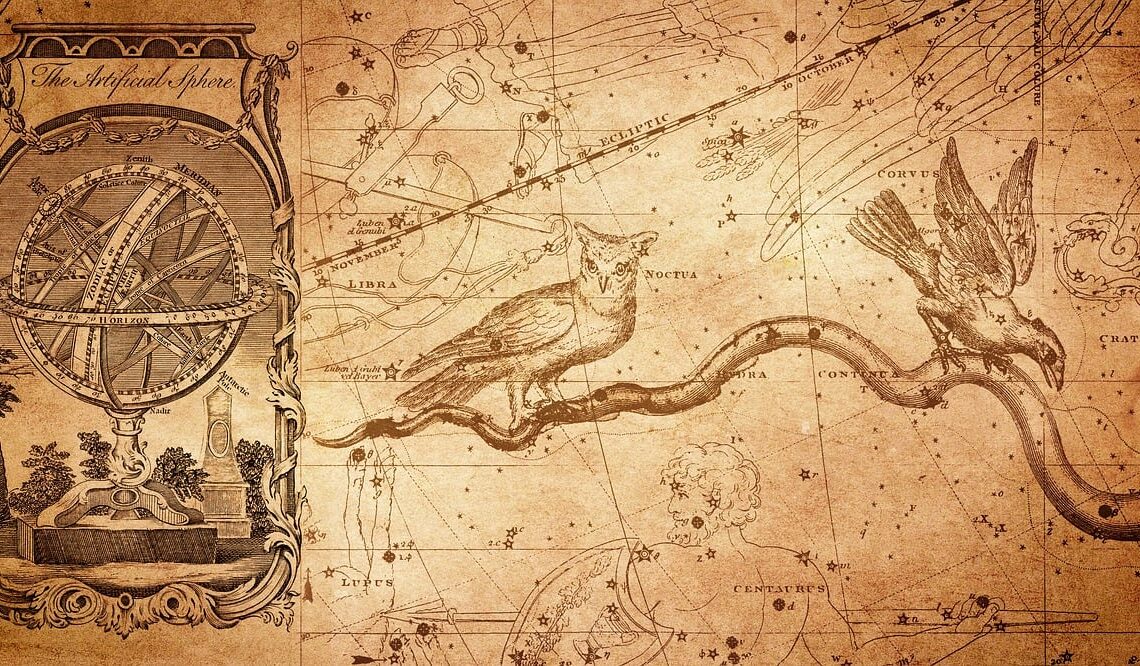Mythology, the rich tapestry of stories and legends passed down through generations, is a window into the collective imagination of cultures across the globe. Among the vast array of mythologies, Greek and Hindu mythologies stand out as two of the most intricate and influential. While they originate from geographically distant regions and time periods, a closer look reveals fascinating parallels and shared themes that bind them together.
The Gods and Deities: Olympians and Devas
In Greek mythology, the pantheon of gods and goddesses was centered around the mighty Olympians. Zeus, the king of gods, along with his siblings and offspring, governed the heavens and Earth. Similarly, Hindu mythology boasts a pantheon of deities known as Devas, led by Indra, the king of gods. Both pantheons are characterized by a hierarchy of divine beings with unique attributes and powers.

Epic Battles and Cosmic Conflict
Both mythologies are replete with epic battles and cosmic conflicts. In Greek mythology, the Titanomachy, a colossal battle between the Titans and the Olympians, symbolized the struggle for cosmic supremacy. In Hindu mythology, the great Kurukshetra War depicted in the Mahabharata is another epic clash between forces of righteousness and darkness. These narratives reflect the eternal battle between order and chaos, a theme deeply ingrained in both cultures.
The Heroic Journey: Hercules and Hanuman
Greek and Hindu mythologies share heroic figures whose stories are intertwined with their respective deities. Hercules, renowned for his incredible strength and adventures, bears a striking resemblance to Hanuman, the devoted monkey god in Hindu mythology. Both are known for their unwavering loyalty and extraordinary feats in the service of their divine masters.
Creation Myths: Chaos and the Cosmic Egg
The creation myths of these two mythologies also exhibit intriguing similarities. In Greek mythology, Chaos, a primordial void, precedes the emergence of the cosmos. Hindu mythology presents a comparable concept through the Cosmic Egg, from which the universe hatches. Both narratives emphasize the notion of creation emerging from a state of formlessness and potentiality.
A Universal Human Experience
Comparative mythology reveals that beneath the cultural and geographical diversity of our world lies a shared human experience. Myths, regardless of their origins, serve as vehicles for exploring fundamental questions about existence, morality, and the divine. The parallels between Greek and Hindu mythologies underscore the universality of these themes, transcending time and place.
As we delve deeper into the intricacies of mythology, we discover not only the uniqueness of each culture but also the threads that connect them, creating a tapestry of human storytelling that spans the ages.

